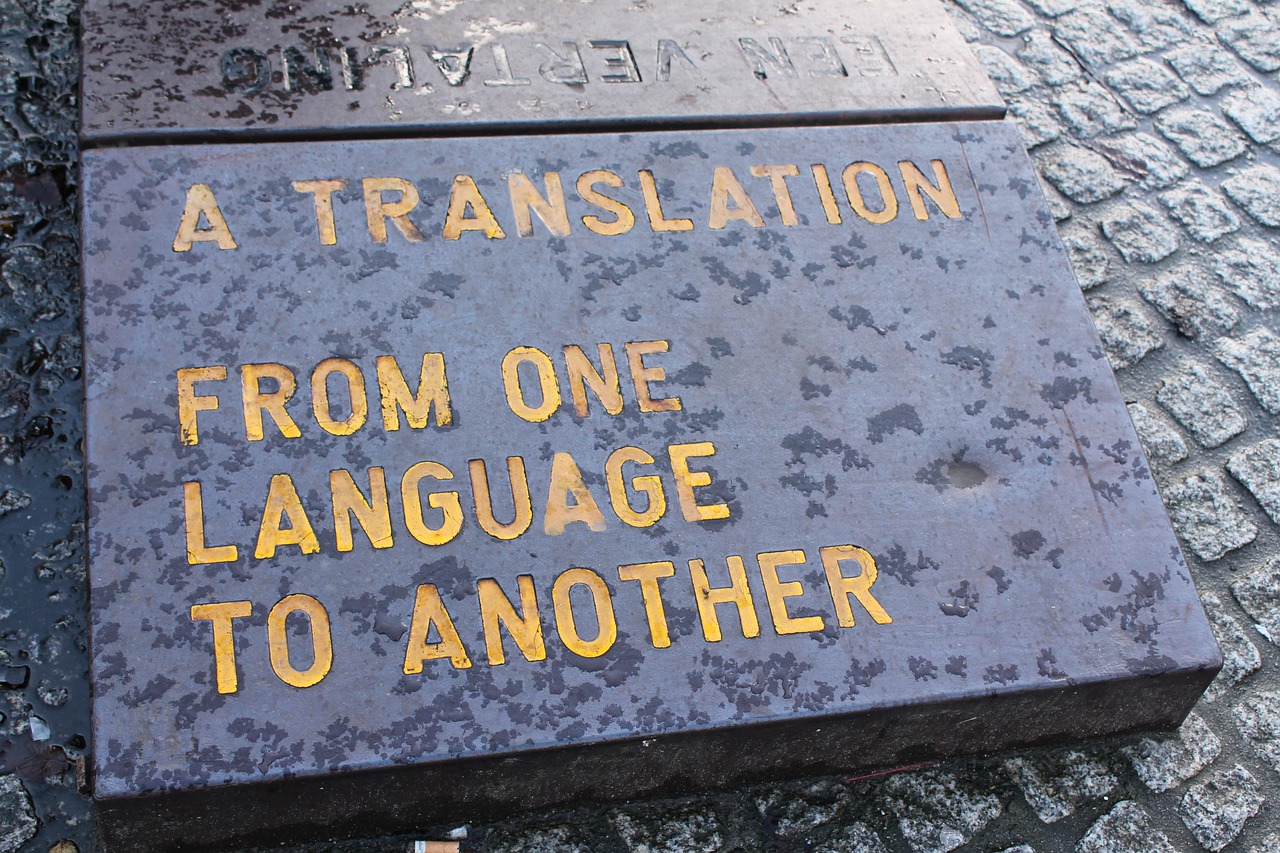Spoken Word
Michelle Shappell Harris
 The documents are in folders, carefully taken out and laid upon my desk. Others have been folded and refolded; the creases have become a part of the paper. They are birth and marriage and death certificates, transcripts and diplomas. I scan the documents and send the file to one of my translators. After a few hours or days, the translated words in English are sent back. I look through, edit and check. The documents are filled with words like certify, signature, official, issued, expire; it’s pretty straightforward stuff.
The documents are in folders, carefully taken out and laid upon my desk. Others have been folded and refolded; the creases have become a part of the paper. They are birth and marriage and death certificates, transcripts and diplomas. I scan the documents and send the file to one of my translators. After a few hours or days, the translated words in English are sent back. I look through, edit and check. The documents are filled with words like certify, signature, official, issued, expire; it’s pretty straightforward stuff.
Many clients are fluent in English and could translate their own documents if not for the need of an official stamp. A few come with little English and have a friend or family member along. Some are in a hurry with a deadline to meet, often students with transcripts due the next day, but many are relaxed; they’re used to things taking a long time.
Every once in a while, a client hands me a personal document—a statement or letter. These contain painful stories, usually against a backdrop of political turmoil, and they are usually handwritten. As I scan to proofread the English, I am an intruder, as are all the other people—the secretaries and lawyers and judges—who will be privy to the pages of story. Some of these documents are for immigration purposes, and they are the most difficult.
Recently I sat with a man from a war-torn country, for whom we had translated multiple documents over several weeks. On this day, with this last letter, the most important document, the man asked me to read the finished text aloud in English.
I didn’t want to but couldn’t refuse. So I put on my best reading voice, stopping to improve phrasing or make a better word choice as I read words that are common to these kinds of documents—words such as whips and gangs, militia and refugee camp. The man, standing next to my wood desk, listened intently, occasionally asked me to reread a sentence here and there, to be sure it sounded right. I had read the words before—it’s my job to do the final proofread—but by reading aloud, I felt the full force of my intrusion into a story that wasn’t mine. The words shook me up; they became a part of me.
When I finished, the man nodded, satisfied with the translation. He could hear how the words sounded just right in my American accent. I printed the words, the pronounced and perfected words, and pressed my organization’s seal over them. The man thanked me, and I wished him well, God’s blessings on his family, maybe in French, maybe English, I don’t remember now, and he returned the blessing, because that’s what you do.
And as the translated words have moved from office to office—accomplishing, I hope, the work they were meant to do—they have stayed with me, linking me somehow, to this story of a foreigner’s family hoping for refuge and safe haven.